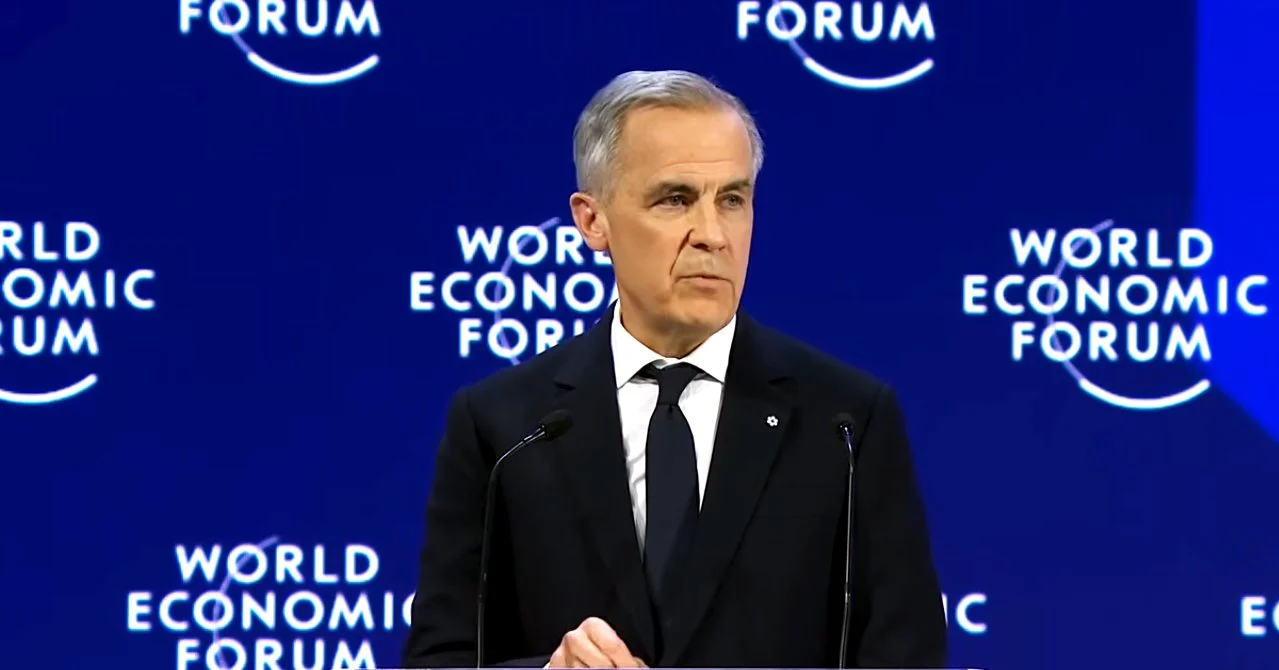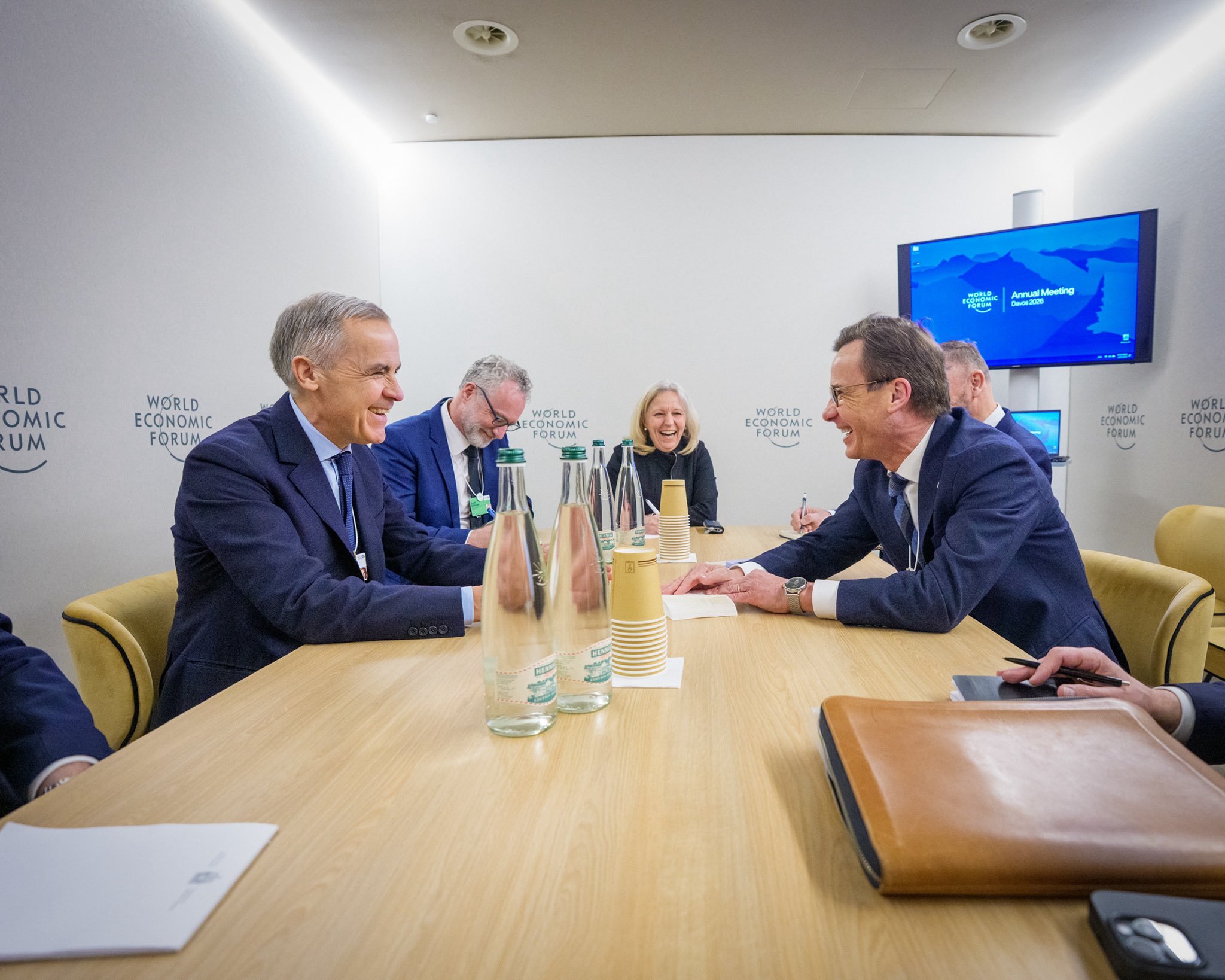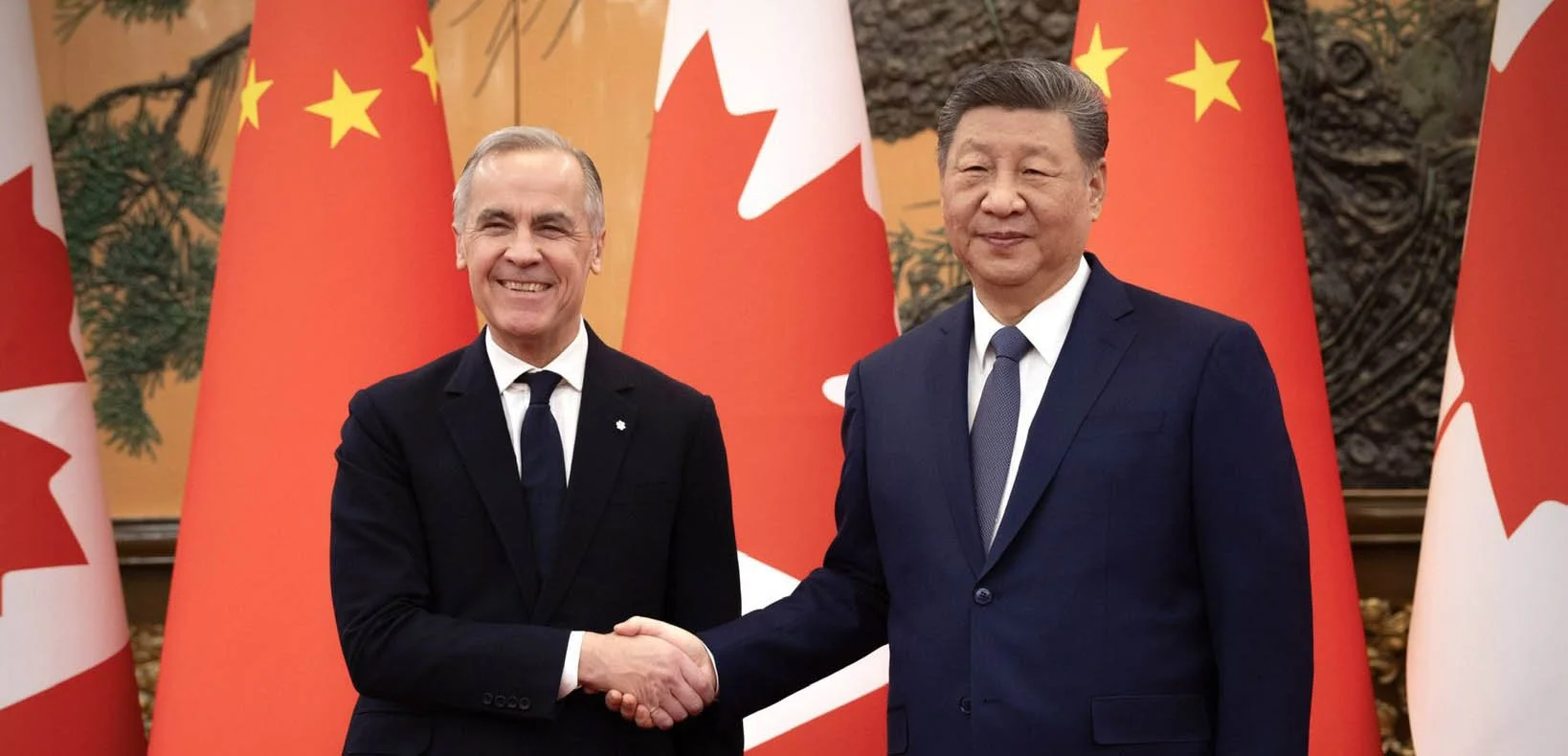Carney’s political inexperience is his greatest asset
It is extraordinary that Canadians have decided, at this most consequential moment, to elect someone as Prime Minister with no experience in elected office. Mark Carney’s background as a bureaucrat, investment banker, and central banker would seem to have equipped him better to be Clerk of the Privy Council than a politician, let alone as a prime minister.
Of course, the prime minister is hardly an unsophisticated political rube. As a central banker, for instance, he had to work closely with prime ministers and senior government officials. He would have come to understand the multi-faceted calculations elected governments have to make on big issues at consequential times.
However, his experience is at the 50,000-foot level. He has made decisions that affect the daily lives of millions of people, but he has always been removed from the consequences. As prime minister, he will now be held accountable for the real-life consequences of policy. And make no mistake, there will be consequences for Canadians, many of them painful.
Throughout the campaign, Prime Minister Carney repeatedly said that Canada is at a historic crossroads — a crossroads in the context of President Trump's intent to upend the rules based on the economic and security order that has defined the Western democratic world since the end of the Second World War.
In his acceptance speech, Carney made a call to Canadian ambition. “Throughout our history, there have been turning points when the world’s fortunes were in the balance,” he said. “Each time, Canada chose to step up. To assert ourselves as a free, sovereign and ambitious nation, to lead the path of democracy and freedom. And because we are Canadian, to do so with compassion and generosity.”
He did not sugar coat the enormity of the changes that confront Canada in the emerging new order: “We will need to think big and act bigger. We will need to do things previously thought impossible at speeds we haven’t seen in generations.”
He called for sacrifice: “I want to be clear: The coming days and months will be challenging, and they will call for some sacrifices. But we will share those sacrifices by supporting our workers and our businesses.”
He hit the right notes. He surfed into office on the rising wave of Canadian patriotism. Having set this up as a moment of national reckoning, he needs to govern in a way that shows he understands that Canadians want their politicians to approach the tough months and years ahead in a manner that mirrors their desire to put country above party.
Divided though the election results were, the election of a minority Liberal government with a strong Conservative opposition means that Canadians want their leaders to work together to meet the Trump challenge as well as fix the economy. This is a tall order and typically a recipe for unpopularity.
It is at this level that the prime minister’s political inexperience may be his greatest asset. He has not been shaped by the hard-bitten partisanship tactics and instincts of many of his advisors. The prime minister’s decision to invite King Charles to open Parliament is a sign that he understands this. It is a striking way to reaffirm our identity and independence as we confront the United States. This move is not without risk, especially with regard to how Quebecers and the Bloc will respond. But the risk may be the very point. It stands Carney apart.
He can also show a sense of common parliamentary purpose in a number of relatively easy ways:
He could propose that the NDP have official party status even though they did not meet the 12-seat threshold. This would run contrary to long-standing traditions. But that is the point.
He can direct that Pierre Polieve and his family be allowed to continue to live at Stornaway, the official residence of the Leader of the Official Opposition while he awaits a by-election. Legislation may be required to effect this, but such would likely occur speedily, and Poilievre could be allowed to live there pending their passage.
Convene regular meetings with all party leaders to keep them abreast of the progress of talks with the Americans, as well as including them in the Team Canada lobby effort in the United States.
He can also seek input from the opposition on pending Senate appointments.
These are symbolic steps. And there are no doubt others. But symbols are important. These are the signals Canadians may want to see as we rise to these challenges as a nation. And there is no better time for Carney to do this than now, as he tries to set the atmosphere and style of his premiership.
No one expects politics to disappear. But pure partisanship needs to take a back seat right now. Canada will not look favourably on anyone who approaches the current crisis in search of partisan advantage.






